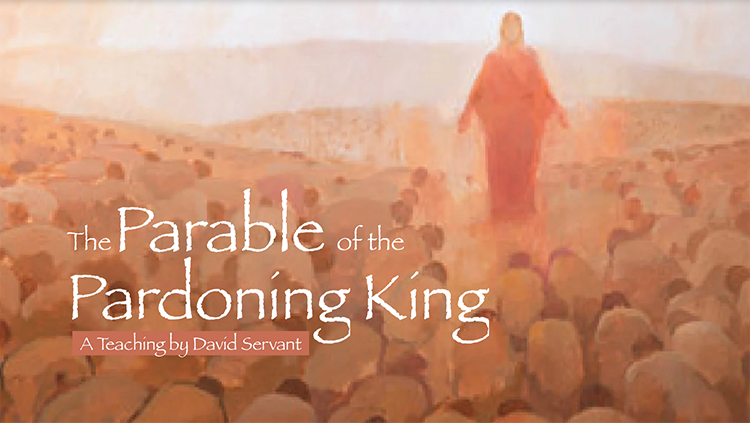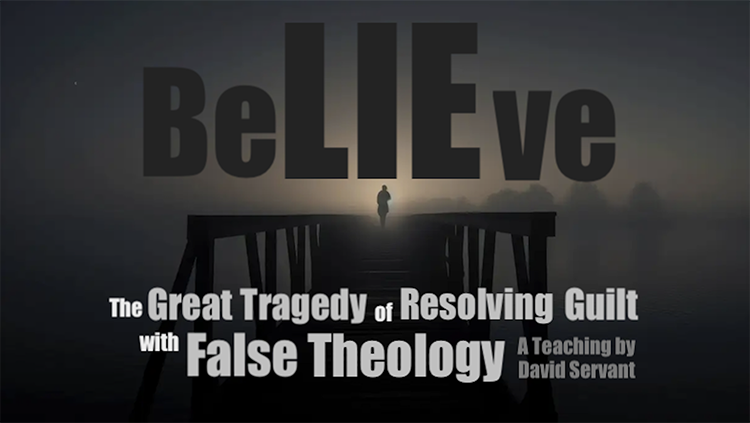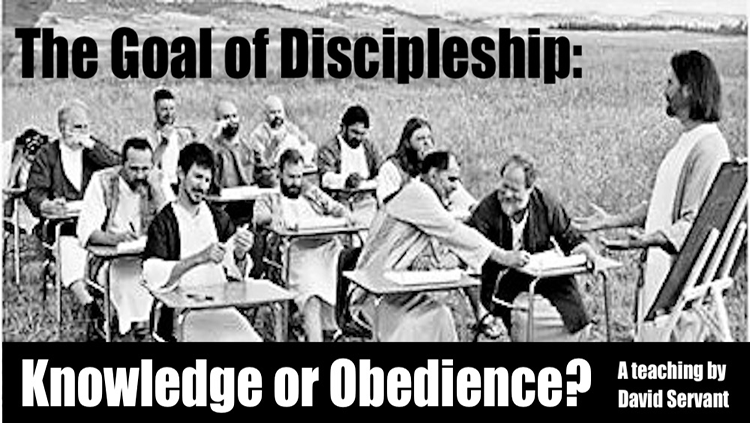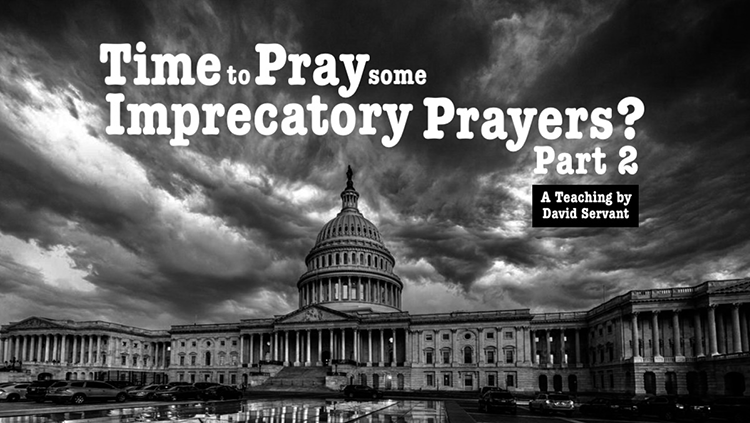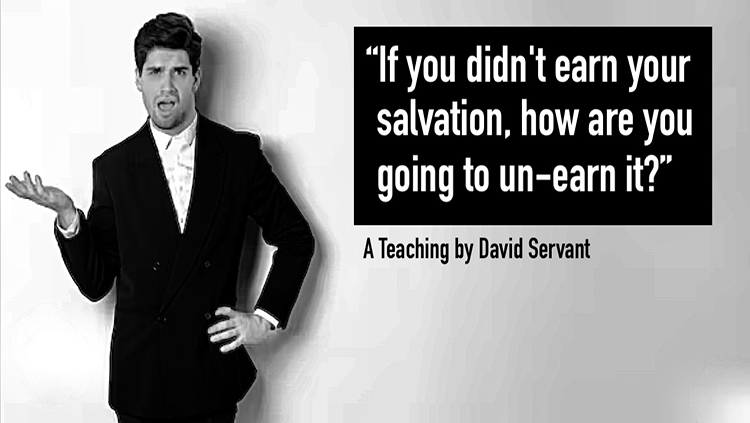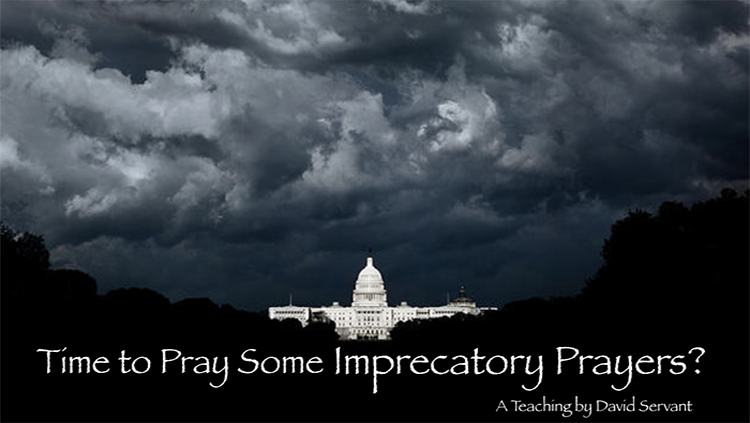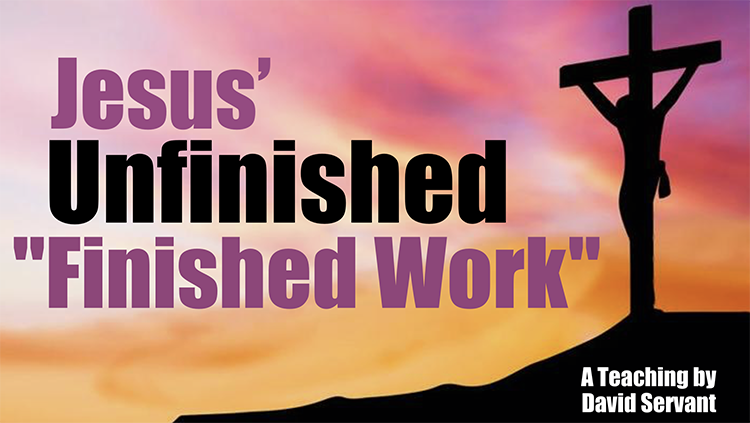
Although Jesus declared from His cross, “It is finished!” (John 19:30), He was not referring to His work of salvation. The reason we can be certain of that is because Paul wrote, “If Christ has not been raised, your faith is worthless; you are still in your sins” (1 Cor. 15:17, emphasis added). Clearly, Jesus’ resurrection had something to do with releasing us, in some way, from our sins. So, whatever He accomplished on the cross that had something to do with our sins, it was not everything.
So what was “it” that was finished with Jesus’ final breath? Scripture doesn’t say. It would seem reasonable to think that Jesus was referring to His suffering since one second after His final declaration, He died, and His spirit evacuated His body.


